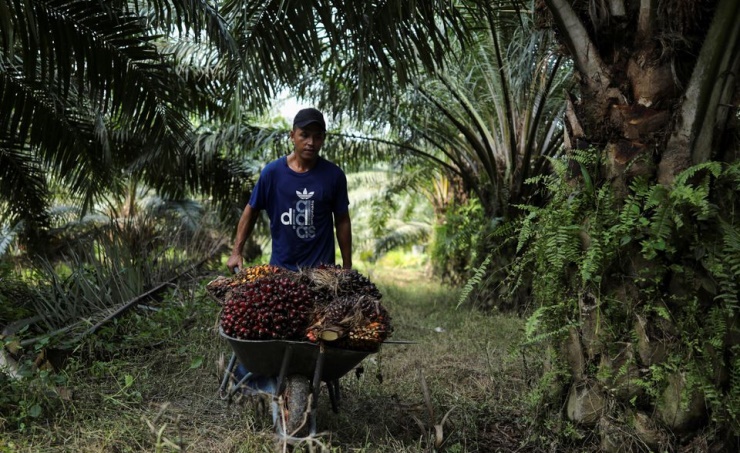
Malaysian companies from palm oil plantations to semiconductor makers are refusing orders and forgoing billions in sales, hampered by a shortage of more than a million workers that threatens the country’s economic recovery.
Despite lifting a COVID-19 freeze on recruiting foreign workers in February, Malaysia has not seen a significant return of migrant workers due to slow government approvals and protracted negotiations with Indonesia and Bangladesh over worker protections, say industry groups, companies and diplomats, Reuters reported.
The export-reliant Southeast Asian nation, a key link in the global supply chain, relies on millions of foreigners for factory, plantation and service sector jobs shunned by locals as dirty, dangerous and difficult.
Manufacturers, who make up nearly one-fourth of the economy, fear losing customers to other countries as growth picks up.
“Despite the greater optimism in outlook and increase in sales, some companies are gravely hampered in their ability to fulfil orders,” said Soh Thian Lai, president of the Federation of Malaysian Manufacturers, which represents over 3,500 companies.
Palm oil growers are at breaking point, said Carl Bek-Nielsen, chief executive director of oil palm grower United Plantations.
“The situation is dire and very much like having to play a game of football against 11 men but only being allowed to field seven,” he said.
Malaysia lacks at least 1.2 million workers across manufacturing, plantation and construction, a shortage worsening daily as demand grows with an easing of the pandemic, industry and government data show.
Manufacturers say they are short 600,000 workers, construction needs 550,000, the palm oil industry reports a shortage of 120,000 workers, chipmakers lack 15,000 and cannot meet demand despite a global chip shortage, and medical glove makers say they require 12,000 workers.
Malaysia’s manufacturing Purchasing Managers’ Index dropped to 50.1 in May from 51.6 in April, barely remaining in expansion, as the sector shed the most jobs since August 2020, according to data from S&P Global.
Chipmakers are turning away customers, locals are not interested in working in the industry and many who do join leave in less than half a year, says Wong Siew Hai, president of the Malaysia Semiconductor Industry Association.
The palm oil industry, which contributes 5% to Malaysia’s economy, warns 3 million tons of crop could be lost this year as fruit rots unpicked, meaning losses of more than $4 billion. The rubber glove industry estimates $700 million of lost revenue this year if the labor shortage persists. F.K.N












